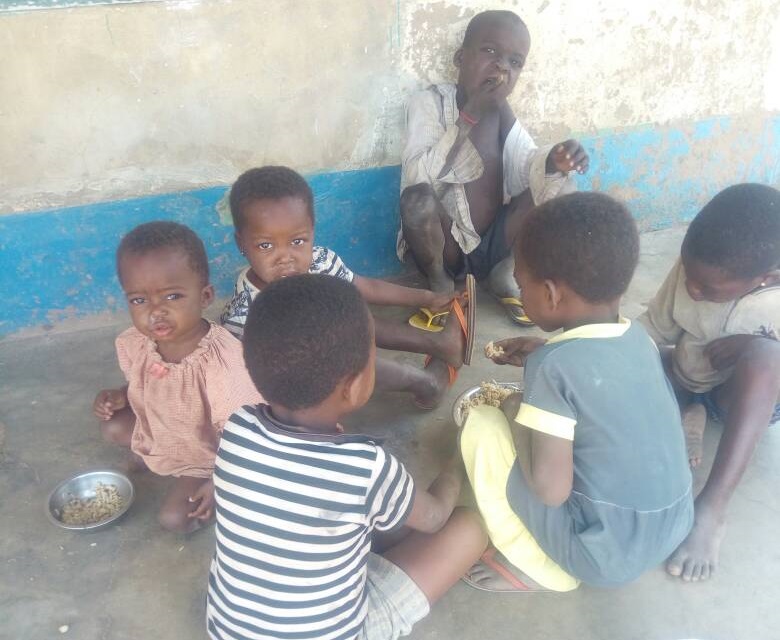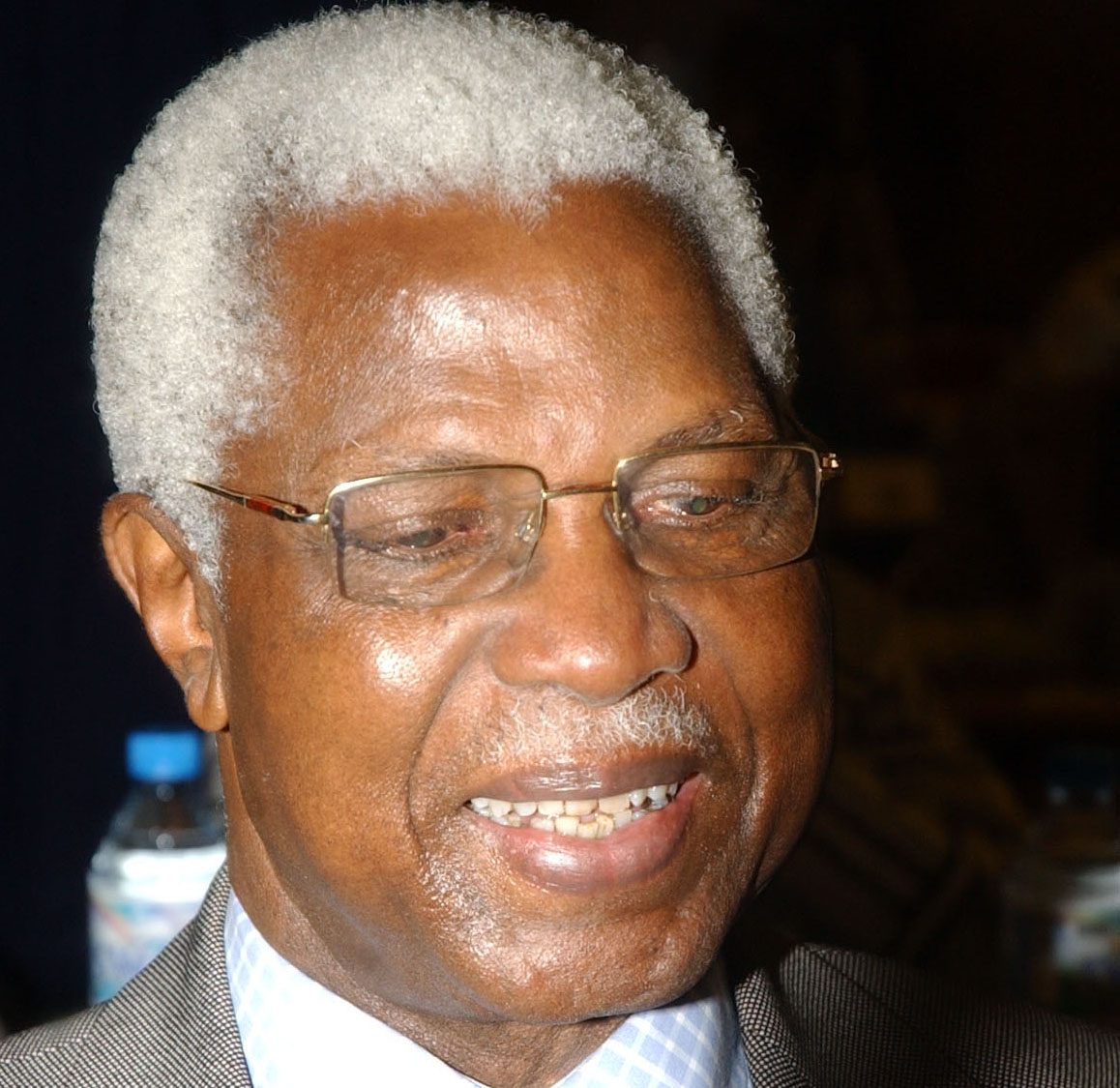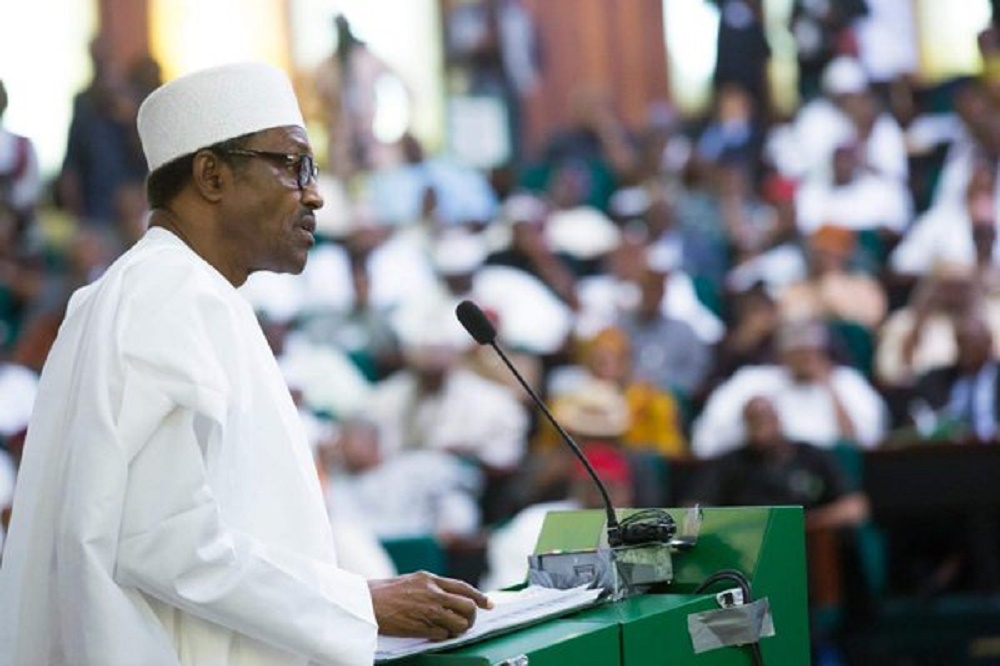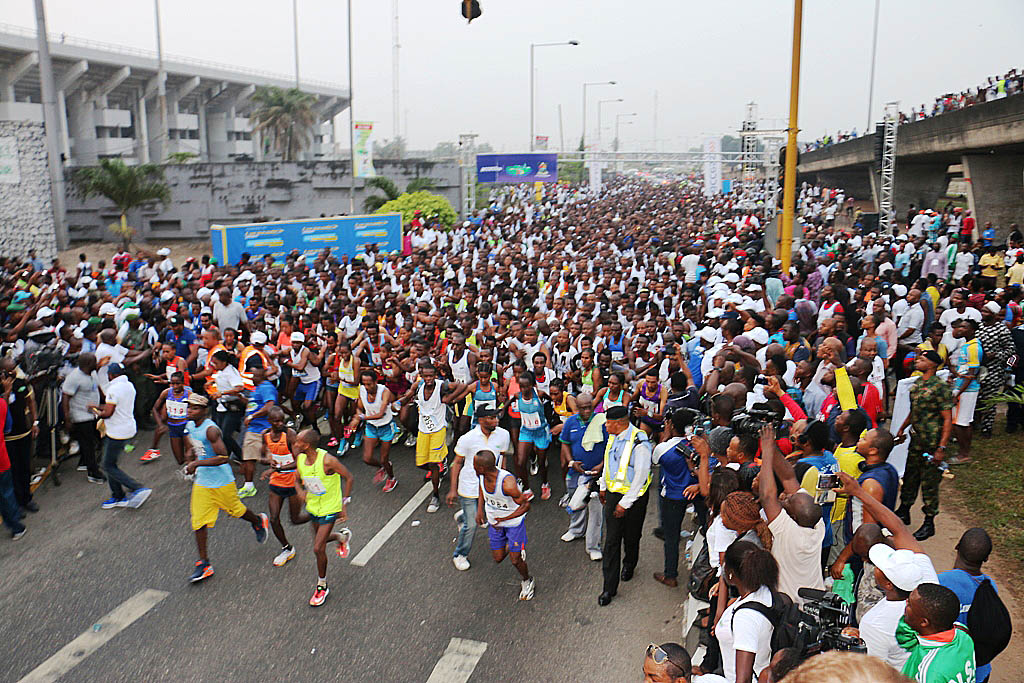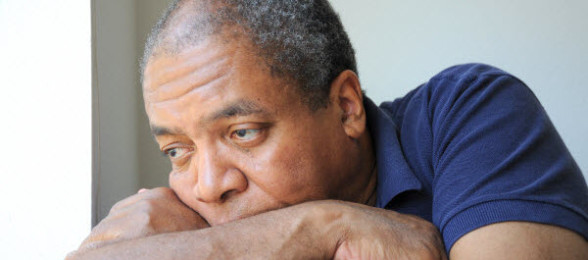Oundudu, an 11-year-old girl should have seen it all, that evening when herdsmen attacked her village in Guma local government area of Benue state. It was around 6pm when they started hearing the sound of gunshots. Roads were blocked, and it was a difficult task for the girl and her family to find a way out.
“They were killing everything they see, even small children,” Oundudu says. “They tried to pursue us and we ran to Gindi.”
In the middle of the night, her father, a commercial motorcycle rider, brought them out from where they had hidden all day, and from there, they made a run for their lives.
Since they fled their village, Oundudu and many of her peers who now live as displaced persons in safer communities have not had access to education, and food.
Advertisement
SCHOOLS ARE CLOSED
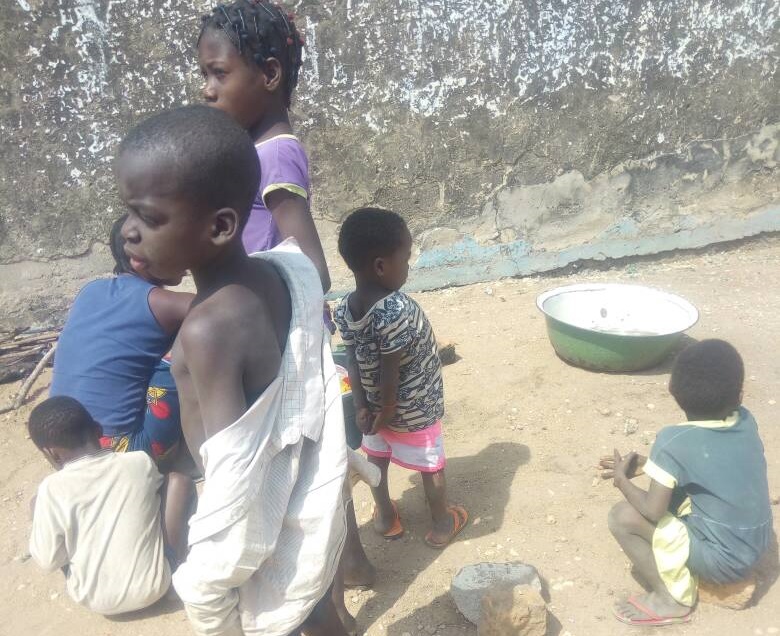
Inyom, a head teacher who has been displaced from his village in Kambe, is worried about the children who are now out of school because of the incessant attacks by herdsmen across communities in Benue and Nasarawa states.
The Central Primary School in Kambe has been under lock, and children meant to be in school are scattered across displaced persons’ camps, with their education now on hold.
“All the schools are closed,” Inyom says, with a voice overwhelmed with sadness.
Advertisement
On the first day of the year 2018, gunmen suspected to be herdsmen had invaded villages in Guma and Logo local government areas of Benue state, and more than 70 people, including children, were killed.
“We all had to run,” Inyom whose village — being close to those villages attacked — is an easy target for the herdsmen, says.
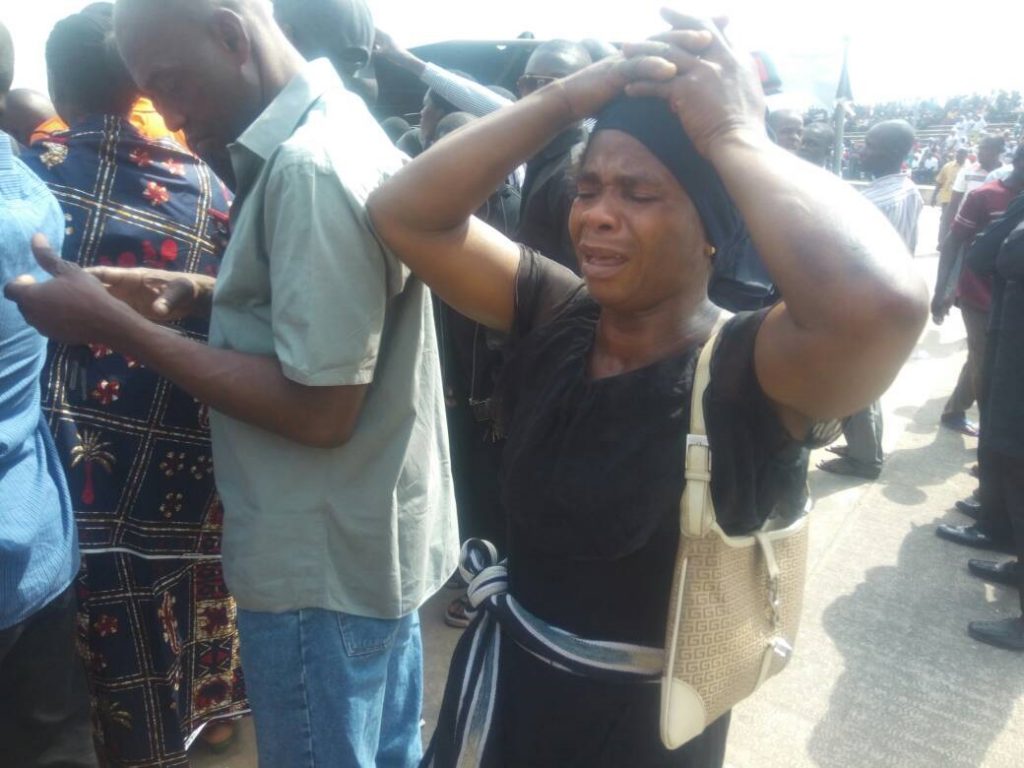
“And since we came here, there has been no educational provision for the children. They can’t go to school again because we are now homeless people.”
NO HOPE FOR BETTER DAYS
The head teacher says the government knows they are now camped at the LGEA primary school in Agasha, Guma local government area, but no one has come to assure them of better days, especially the children.
Advertisement
“In other parts, children have resumed school but our own children can’t go back to school now, we can’t go back to the village. A day before yesterday, we were asked to move to Gende, where other displaced people are camped, but we don’t have anything to move ourselves and that is why we remained here.”
The issue is the same with children in the displaced camps in Daudu, Guma local government area.
At the St Francis LGEA primary school in Daudu where hundreds of displaced persons are camped, children who should be in school are loitering around the school field.
Most of the displaced persons are from Babai and have been camped in the school for over two weeks.
Advertisement
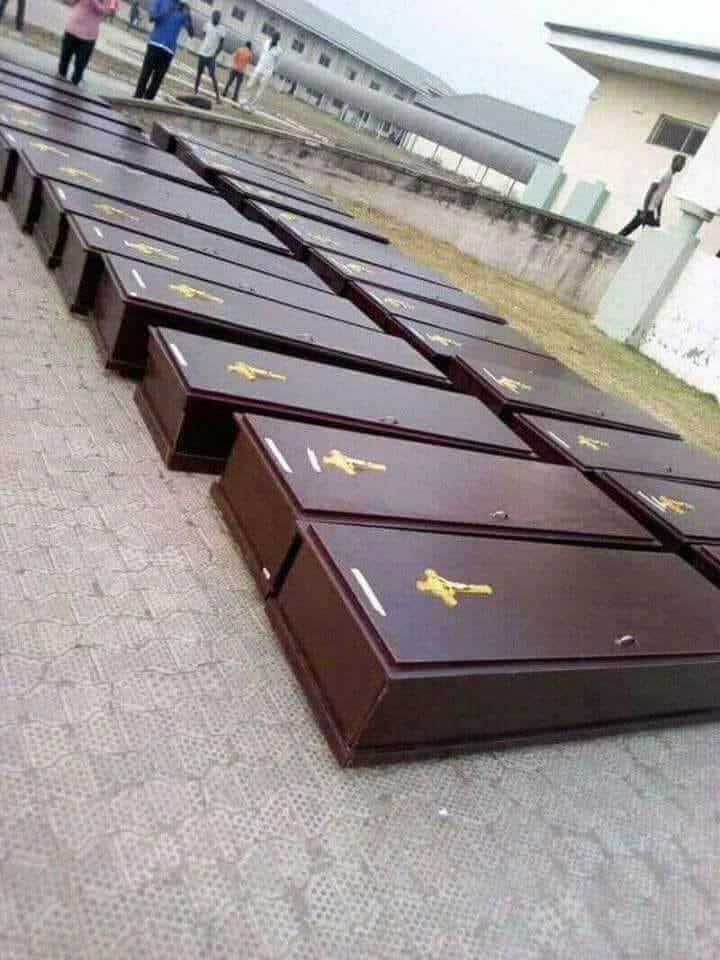
“After the January 1 killings, the governor asked that we move here, but nothing was said concerning the education of the children,” Joel, one of the displaced persons says.
“All the schools in Babai have been closed because there is nobody living there now. And all the children are here in the camp.”
Advertisement
Joel is equally worried about the children whose classrooms they have turned into sleeping rooms.
“When we arrived in Daudu, those who have relatives in the town moved in with their people, and the rest of us were brought to this school, and because we are still here, the pupils of the school have been unable to resume for school activities.”
Advertisement
For most of the women, however, getting food to eat should be a priority over the children’s education.
“Some of these children have not even eaten, talk less of going to school,” Joel’s wife says.
Advertisement
HUNGRY CHILDREN EVERYWHERE
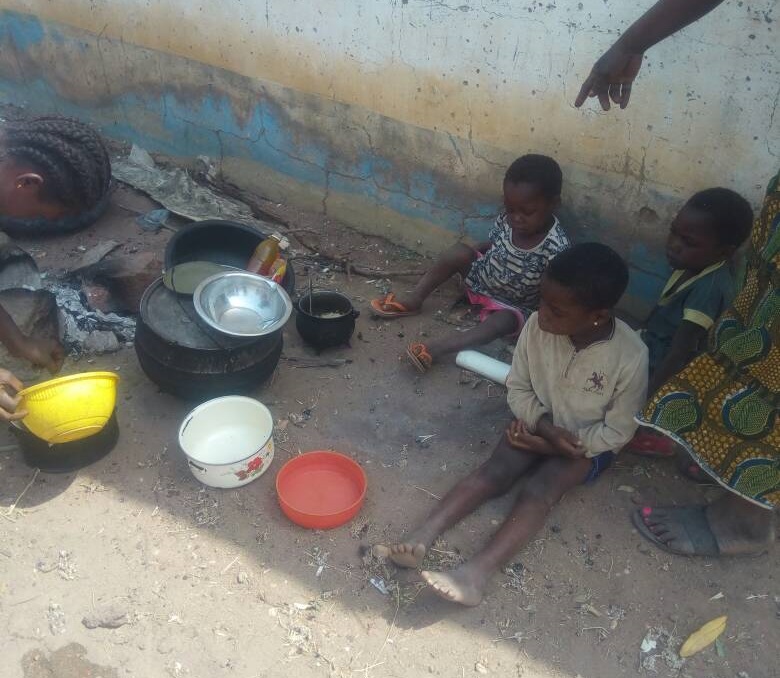
The youngest of her children is strapped to her back, and the others watch their mother stoop to fan the fire woods. They all look pale and hungry, and they all can’t wait for the food to get cooked.
It has been two weeks that this displaced family found a new home inside the classrooms of the primary school in Agasha, Guma local government area of Benue state.
“The herdsmen sent us away from Awe, our village,” Sember, mother of five, recounts.
She had trekked many kilometres with her children before a truck stopped by and brought them to Agasha. Since they came, feeding has been an issue. Sember and many others who are farmers and had more than enough to eat in their storehouses were made to leave everything behind, and run to safety in Agasha.
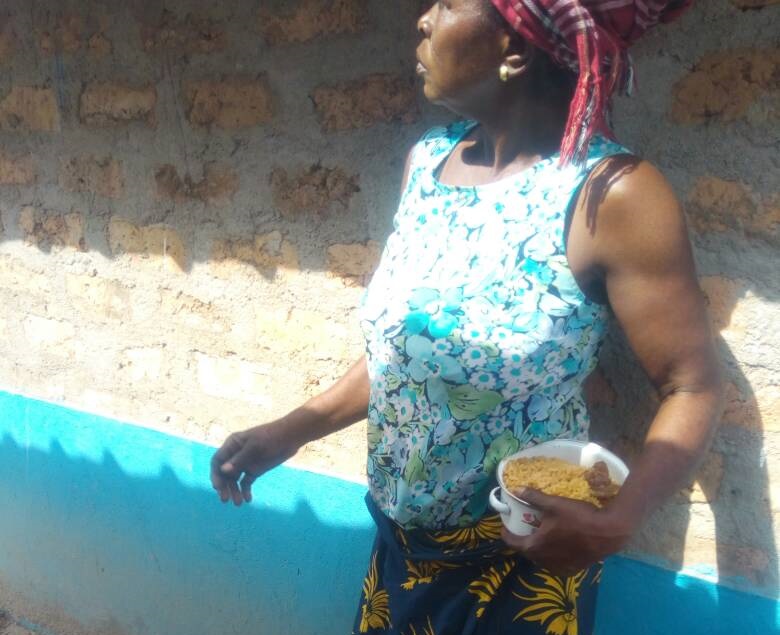
“We were harvesting guinea corn when these people came with cutlass and started destroying the guinea corn. Then, they opened fire, asking everybody to leave.”
She and others had narrowly escaped, are praying that their children don’t die of hunger. Many times, for the sake of her children, she had thought of going back to her village to get food from the storehouse but that would be a deadly risk. The herdsmen are believed to have occupied their villages and would have looted all they have in their storehouses.
“Yesterday, if not for a woman who brought food for us, we wouldn’t have anything to eat,” Sember says. “No money, no food, we couldn’t take anything along, we just had to run here. It’s been difficult taking care of these children.”
At the LGEA primary school in Daudu, over 400 families camped there have been left to fend for themselves. While most of the adults can hold the hunger for a long time, the children are crying and calling on their mothers for food.
CHILDREN FALLING SICK
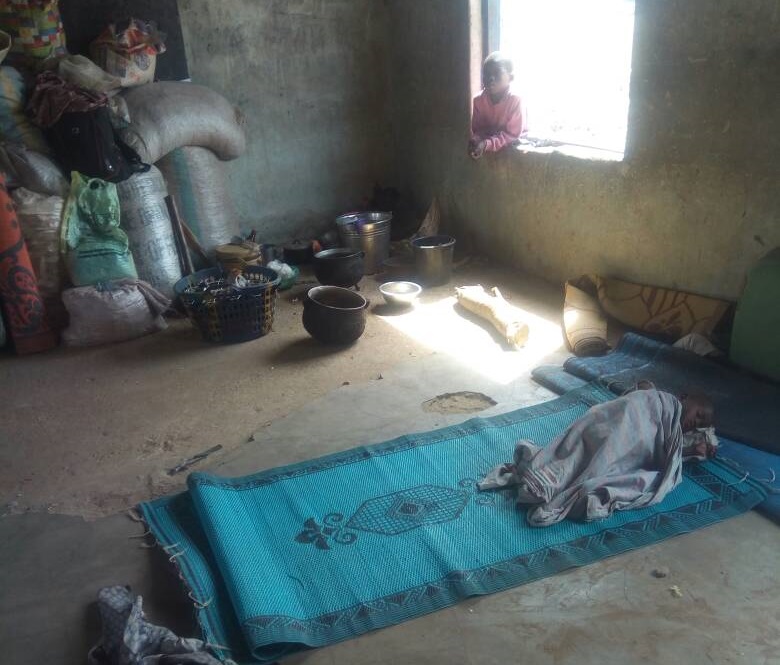
Vulnerable children are left without any medical care at the LGEA primary school in Daudu where they are camped. In almost three weeks that the displaced villagers arrived at the camp, the children have been complaining about headache and stomachache.
The classrooms where most of the children sleep are in close range with a bushy part, and they have not been provided with nets that would shield them from mosquito bite.
“She has been down since yesterday,” a woman tending to the sick girl by her side says. “And she has been vomiting all day.”
The hapless girl, since she broke down, has not been given any medications, and her condition would not get any better. “But we don’t have money to buy drugs,” the woman cries.
Officials of the Red Cross who seldom visit the camp only come to diagnose, and then tell them what medications to use. But most of these displaced persons cannot afford the drugs. “If they had given us mosquito nets, and helped us with drugs, this wouldn’t have been the case.”
Upon their arrival at the camp, some government officials had come to take a census of the displaced persons. The people had thought the count was carried out so they can adequately be provided with what they need.
“This is the third week since they came here to count us, and we are yet to see the essence why this was done,” one of the displaced persons says.
GOVERNMENT ‘NOT DOING ENOUGH’
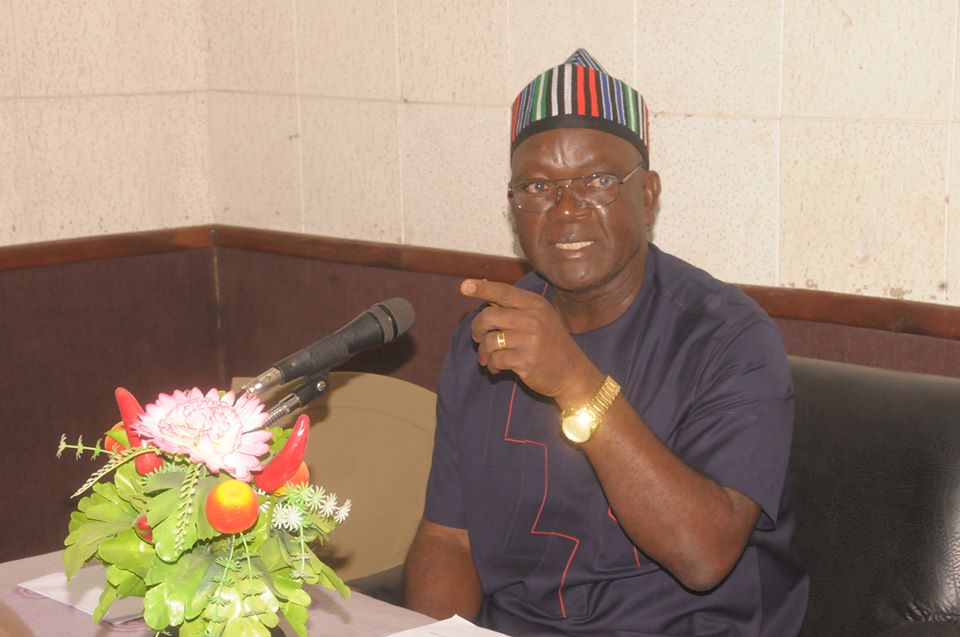
Solomon Mfa, a reverend father, who has been displaced a couple of times while he served as the Catholic priest at the St Francis mission in Guma local government area, started a school for the children in one of the camps in Daudu. He gave books and uniforms expecting the government to pick up the project from him.
“I was making provision for them so that they will integrate with other children in primary school. But then, I was transferred and I am not sure of what has become of the school and the children,” he explains.
“Government comes here once in a while, and there is no serious intervention that you can point to. The condition of these displaced people and their children is pitiable.”
In 2017 when parts of Benue were flooded, Mfa explains that both federal and state government officials trooped in and made the needed provisions for the affected victims. “More than three ministers came, the vice-president and his wife came, the first lady came but when it comes to these victims of herdsmen invasion, nobody is coming to help and we don’t understand why.”
Mfa maintains that things are not getting better as the displaced persons have been neglected, and many of them who want to return to their villages are unable to because of the security challenges.
“As we talk now, there are a good number of displaced persons in the camps in Daudu, and they are just living on the goodwill of people. They can’t return home because their villages are still being occupied by the invaders, and the security provided is a weak one.”
‘WE PROVIDED TEACHERS FOR SCHOOL-AGE CHILDREN’
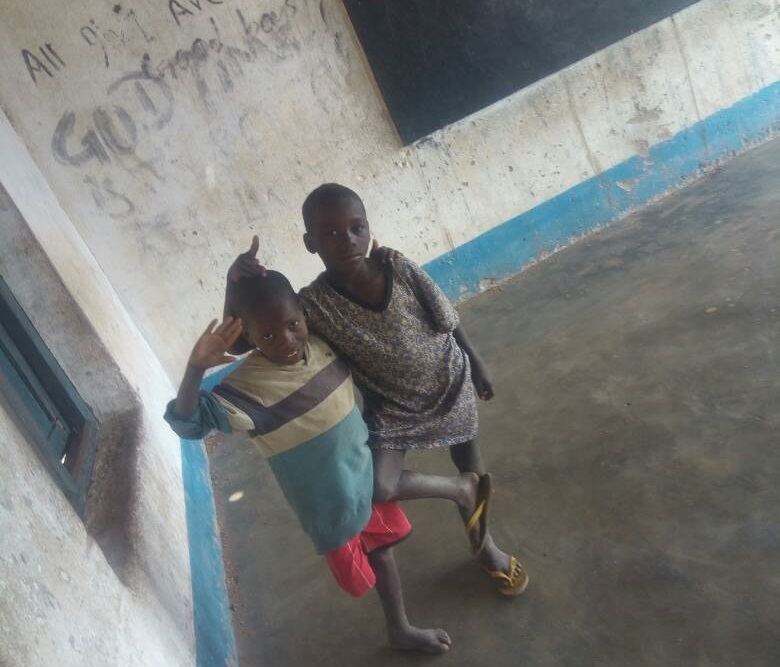
When reached for comments, Denis Ityavyar, Benue state commissioner for education says the government has made provisions for teachers at places where the displaced persons are camped.
“We have sent some teachers to the camp to help with the school-age children,” he explains. “We have made the arrangement across the two local governments so that these children will not be left behind.”
He adds that the government is also making effort to get exercise books and other writing materials for the displaced children.
“We were thinking that the displaced persons won’t stay at those camps for too long, but since the crisis in these places is taking new proportions, we need to be more deliberate in meeting the needs of the children.”
Schools used as camps, Ityavyar says, were closed so that they can accommodate the displaced persons.
The commissioner could not give an explanation on what has now become of those children whose schools are being used by the displaced persons.
THE DISPLACED PERSONS ‘ARE BEING POLITICAL’
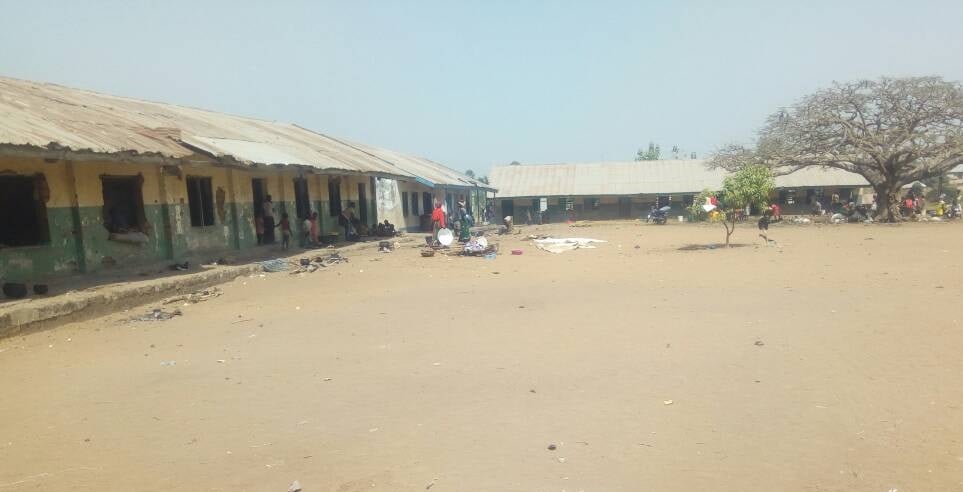
Emma Shior, executive secretary, State Emergency Management Agency (SEMA) argues that his agency, through the state government, has made adequate provisions for the displaced persons camped across the state.
“The complain that there is no food is not true,” Shior says. “As far as I am concerned, we have taken enough food to the camps. We have sharing plans in the camps, and the Benue state government has mobilized SEMA with enough resources to provide both food and non-food items.”
Shior explains that the agency gives food items to the displaced persons in three days interval, adding that those who complain of lack of food are being mischievous. “Whatever you give to them, they will still complain. And, don’t forget that some of these people are also playing politics with this thing. As a government, we are attending to everybody irrespective of their political affiliation, but some of these displaced persons who are not in the ruling party may decide not to see anything good about our effort.”
Shior also says lack of mosquito nets at the camps, is false. He explains that people come regularly to donate relief materials and mosquito nets are always in abundance, and all of these, the agency has distributed to those in need of them. “But, some of these people are difficult because of their habit. Some of them stay outside at night and they get themselves exposed to mosquitoes.”
This is a special investigative project by Cable Newspaper Journalism Foundation (CNJF) in partnership with TheCable, supported by the MacArthur Foundation. Published materials are not the views of the MacArthur Foundation.
Add a comment

